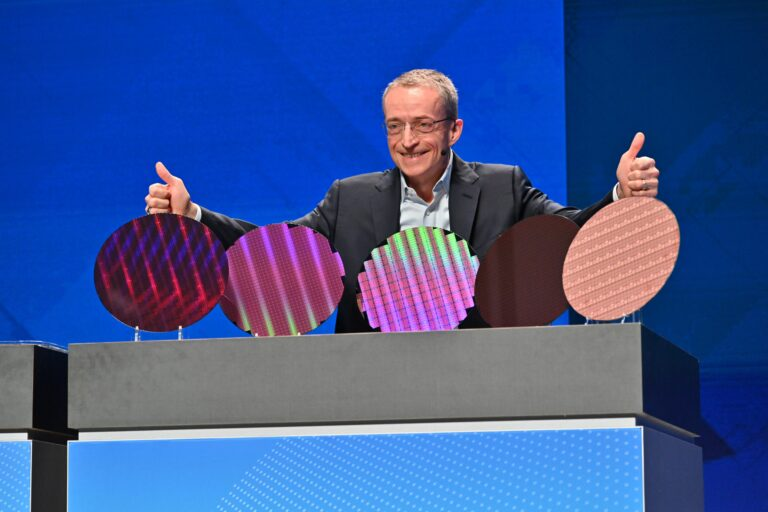
Intel unveils its strategy to dominate the semiconductor industry, emphasizing AI integration, sustainability, and global supply chain resilience. (IT World Canada)
The foundry business is heating up, with India approving three new semiconductor plants this week involving Tata Group and CG Power. The country aims to dominate the industry. Intel, which has been trying to recover from past mistakes, is stepping up its game. At the Intel Foundry Direct Connect event, it introduced Intel Foundry, which will produce chips for both its own use and external customers. It also announced a new organizational model.
Intel CEO Pat Gelsinger emphasized the incorporation of AI across various computing sectors, transforming the industry. He aims to manufacture every AI chip through Intel's foundry, targeting 100% of the AI market. The company's goal is to become the world's second-largest foundry by 2030 and the most sustainable by 2040 and 2050.
Gelsinger stressed the importance of resilience in supply chains, noting the decline in US and European semiconductor manufacturing since 1990. He aims to rebalance global supply chains and drive systemic change.
Intel's roadmap includes the 14A process and extensions to existing nodes. Microsoft has chosen Intel Foundry to build its chip based on the 18A process. Stuart Pann, Intel Foundry's senior vice president, highlighted the importance of standards and partnerships. Intel has over 30 ecosystem partners, including Arm.
Denis Gaudreault, Intel Canada's country manager, mentioned Canada's contributions to the industry through initiatives like ventureLAB's Hardware Catalyst Initiative. Intel Canada has an R&D lab in Markham and is continually seeking ways for Canada to contribute further.















